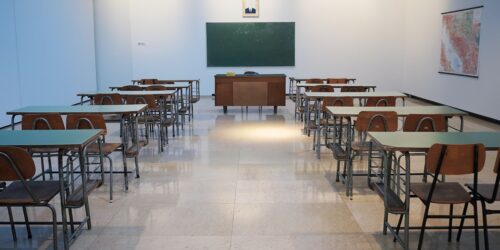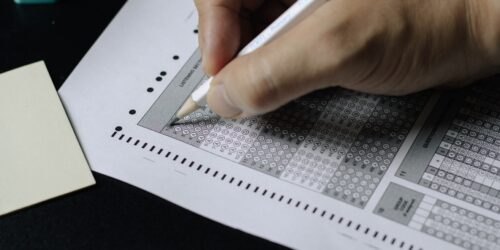Observing Behaviours and Developing Solutions in a Collaborative Environment
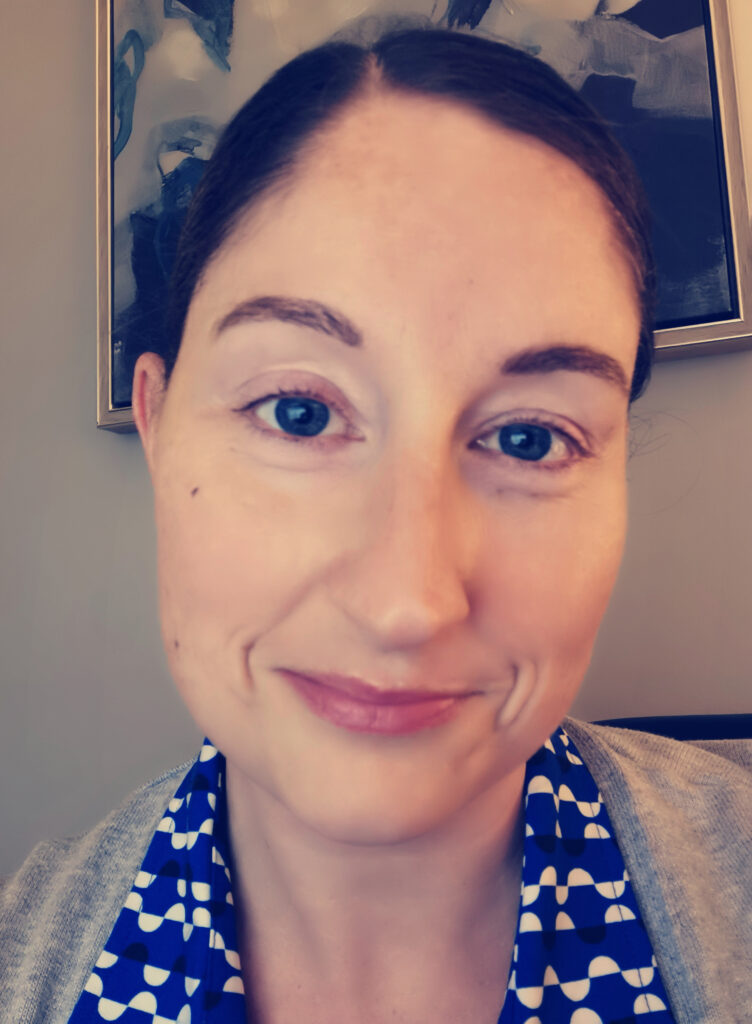
Amy Huskins has been a full-time professor in the Early Childhood Education program since 2015, and is currently the program coordinator for first-year students. She has worked as an educator with infants, toddlers, preschoolers, and school-age children. Before coming to Conestoga, Amy was the executive director of the Conception Bay Family Resource Program in her home province of Newfoundland, providing parent and child programs to children ages 0-6 and their families.
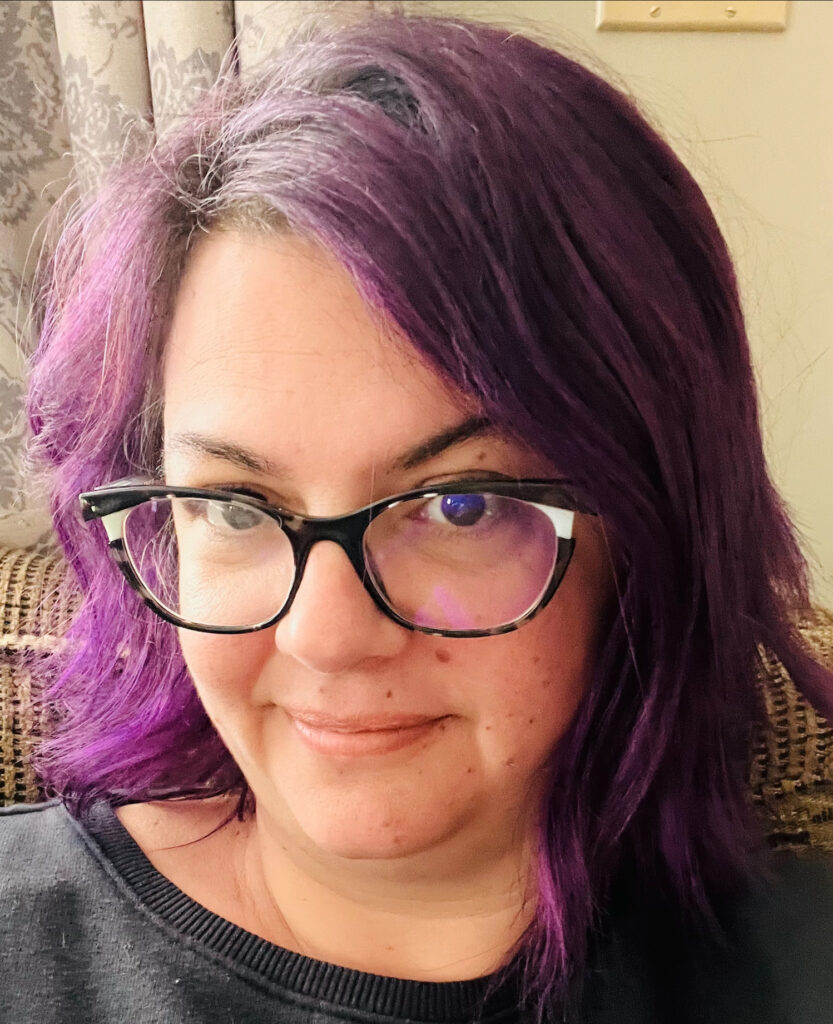
Andrea Stirling has taught at Conestoga full-time in the Early Childhood Education Diploma Program since 2015. Before this, she worked as an elementary school teacher and Early Childhood Educator in various schools and childcare across Ontario, including Thunder Bay, Oakville, Mississauga, Orangeville, and Kitchener-Waterloo. Andrea loves interactive, hands-on learning, and aims to make sure her courses are fun and dynamic experiences for her students. Her favourite teaching topics include diversity and inclusion, play-based learning and family engagement.
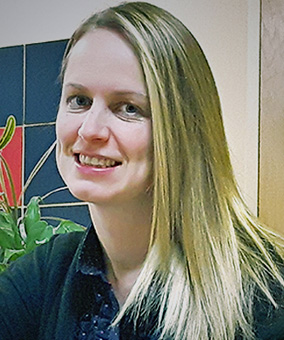
Katie Stortz has taught at Conestoga College in the Early Childhood Education program in Brantford since 2019. Katie became an Early Childhood Educator in 2003 and worked for several years with young children in a child care centre before becoming a professional learning coordinator for early childhood educators. Katie feels that Conestoga College has given her the opportunity to teach future educators while still connecting with young children and early childhood educators in the community.
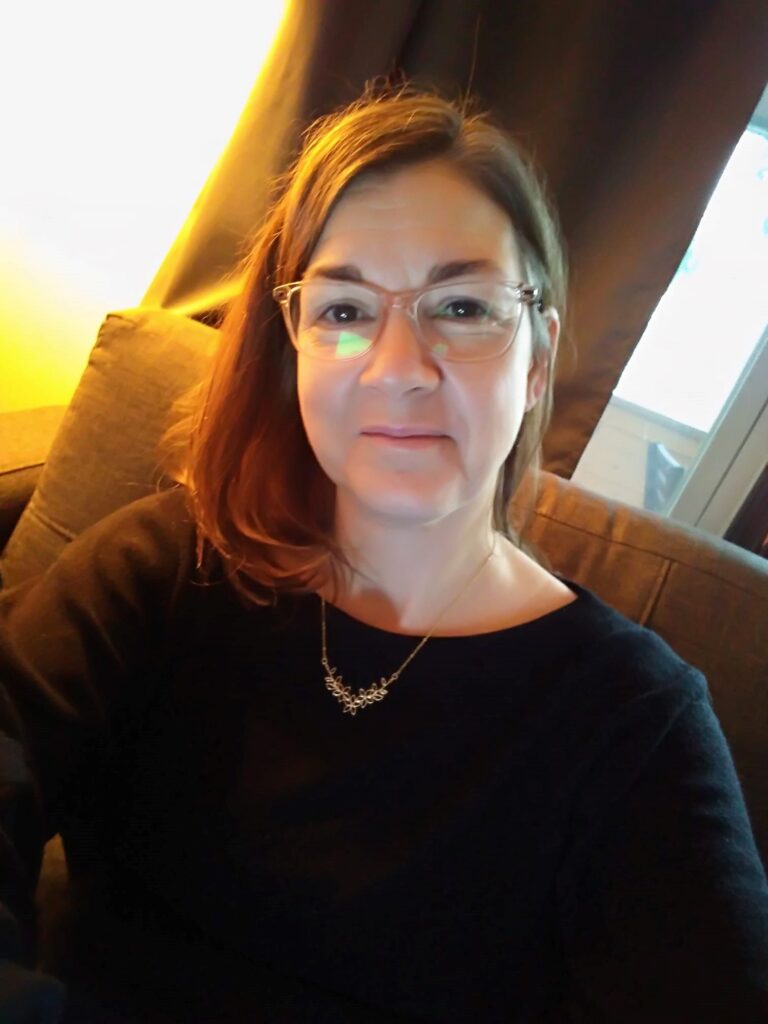
Tricia Dumais has taught at Conestoga full-time since 2011, and for a number of years as a part-time/sessional professor. She has worked as an early childhood educator for various early learning sites in Montreal, Toronto and locally. In addition to teaching online and in person in Conestoga’s Early Childhood Education diploma programs, Tricia is a lab link partner with our early learning lab schools and a member of the Conestoga College Indigenous Garden Project team.
Professors Katie Stortz, Amy Huskins, Tricia Dumais and Andrea Stirling of Conestoga’s two-year Early Childhood Education diploma treat entire lessons as active learning activities. Before students arrive to class, they place on classroom desks the materials that students will use throughout the lesson, and then guide students on how to design, implement and evaluate play-based early learning programs for children with these materials. The goal is for students to simulate the work they’d do in child development centres, kindergarten classrooms and community agencies by understanding the child’s perspective.
“We want to engage students at the play level, which is how children interact with the play-based early learning programs we teach students to create,” said Andrea Stirling. “We encourage students to ask themselves what the learning materials mean to them and their work as early childhood educators. How do we see the world and our early learning programs through the child’s eyes? We do this by letting students do what they want with the materials we give them.”
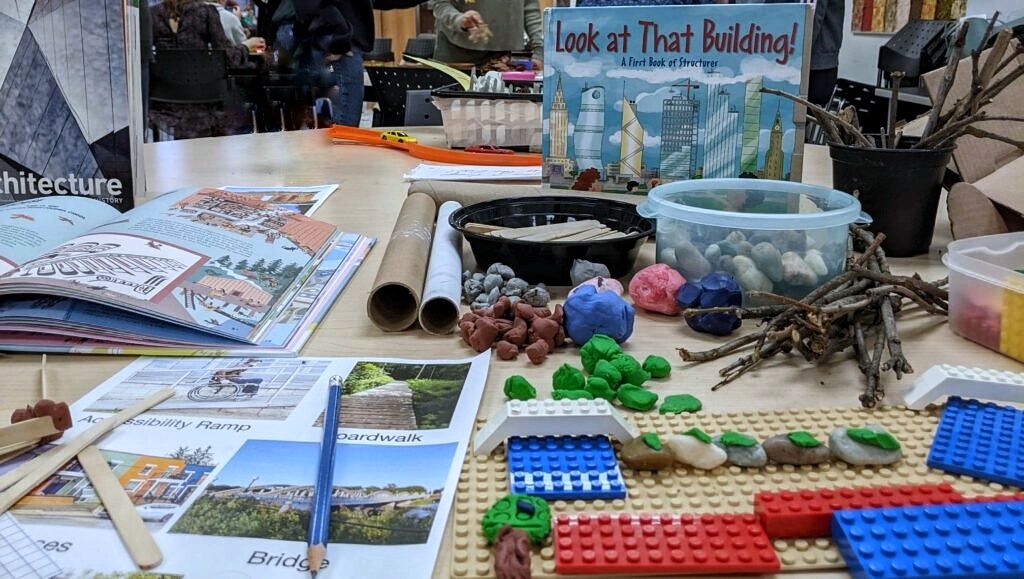
Observing and Reflecting on Children’s Behaviour as an Interactive Activity
The Early Childhood Education program implements cameras in children’s spaces so students can observe children’s behaviours and gauge the success of the early learning programs they designed in class. These observations take place in class so students can evaluate, with guidance from professors, if children are truly learning what students want them to.
“The cameras put our theories into practice. In class, we discuss with students the types of early learning programs they’d like to create and speculate how children will participate in them,” said Tricia Dumais. “When students observe the children actually learning from what they’ve created, they note what they see and reflect on it with other students.”
Students spend entire lessons reflecting on what they saw in the cameras. If a student notices a certain behaviour from a child, they’ll discuss it with their classmates and professors. They can also review their early learning program ideas with industry professionals invited to classes. With this setup, students have felt more prepared to enter field placements (four total – one each semester) and succeed in their work, because they have first-hand experience with developing and revising play-based early learning programs and observing children’s behaviours as results.
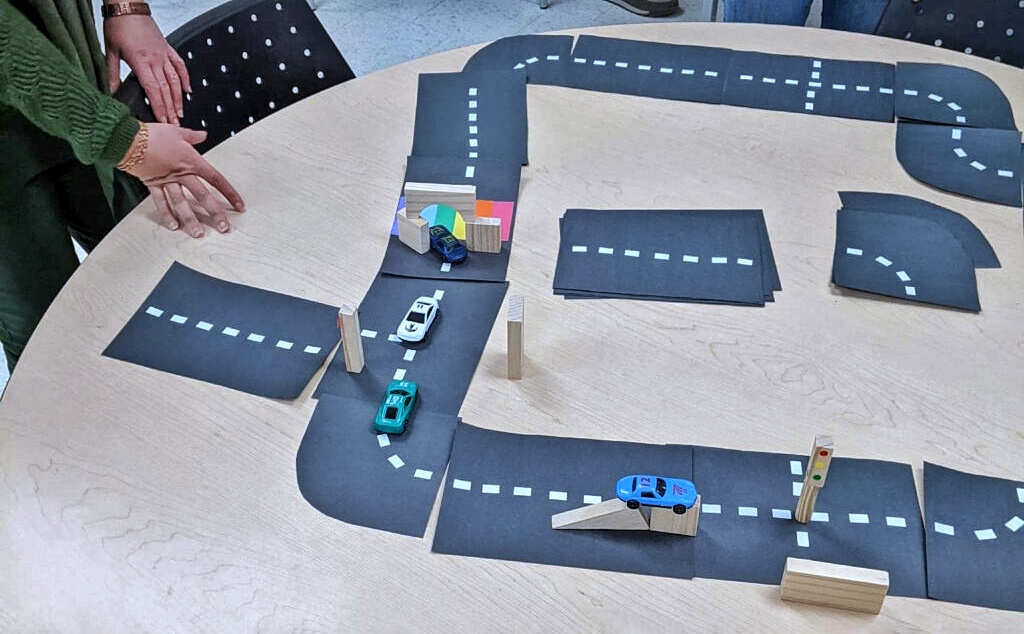
Preparing for Careers by Understanding the Child’s Perspective
Katie Stortz mainly teaches curriculum courses where students create early learning programs from concept to implementation, so she ensures all her classes are interactive so students can think critically about each step of an early learning program’s development. She plans lessons reverse chronologically, starting each class with a completely developed early learning program ready to be used by children.
“Students will use Play-Doh or paint something of their choice, just as children would,” said Katie. “Together, we follow the children’s interests and see what they would want from an early learning program, and then discuss how we create a successful program with this in mind.”
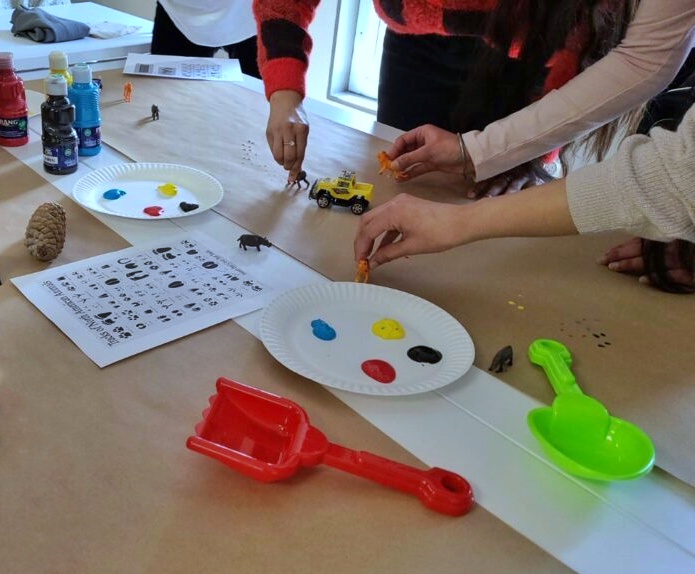
Toward the end of Early Childhood Education, students take a course in Professional Practice in the Early Years (ECE2200), where they explore the ethics of working with children and engage in mock interviews and job-searching exercises. By this point, students have developed multiple early learning programs and observed children participating in them. Students have collaborated with each other, including their professors, on enhancing their early learning program delivery so children learn successfully.
“This course is designed so students know what to expect when they interview for jobs in the field after graduation,” said Amy Huskins. “In classes, I do four sets of questions they’d be asked in interviews and allow students to act as the interviewer and interviewee.”
Advice to Faculty
Katie, Amy, Tricia and Andrea suggest that faculty support each other when teaching different courses. When delivering lessons, mention other faculty students might learn from in the same semester and relate content to what students might learn in other classes. This shows students that faculty are a team who care about student success and work together to create the best possible learning environment.


